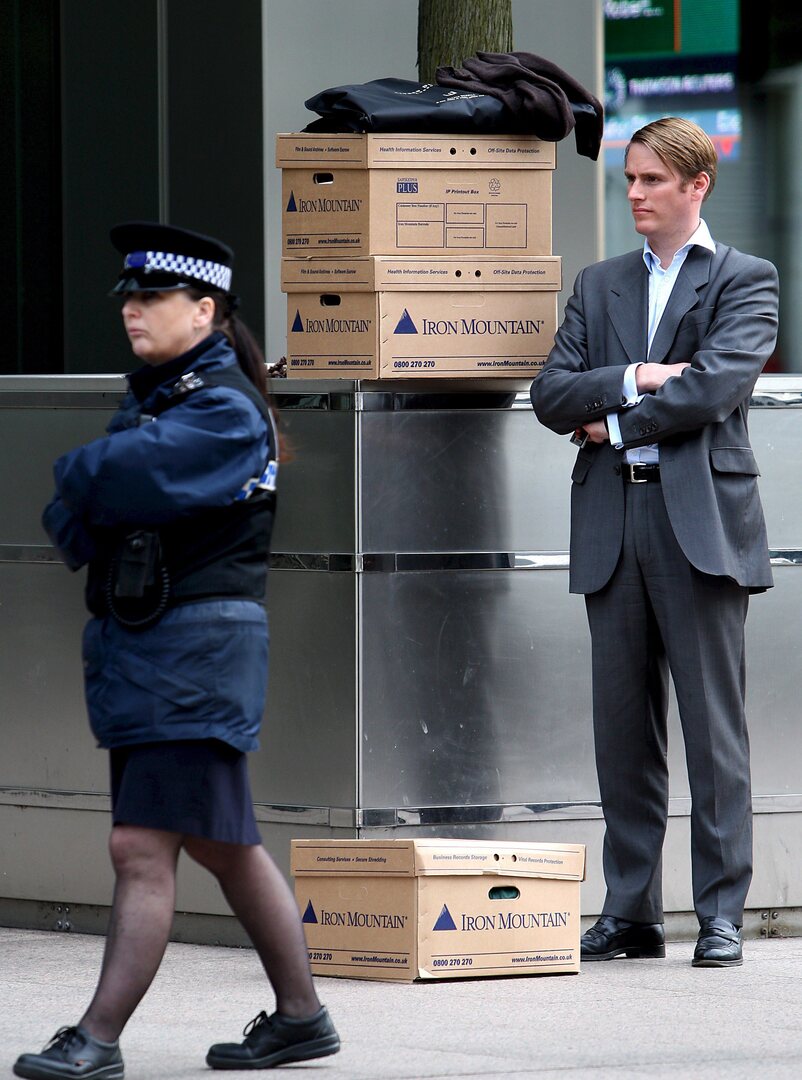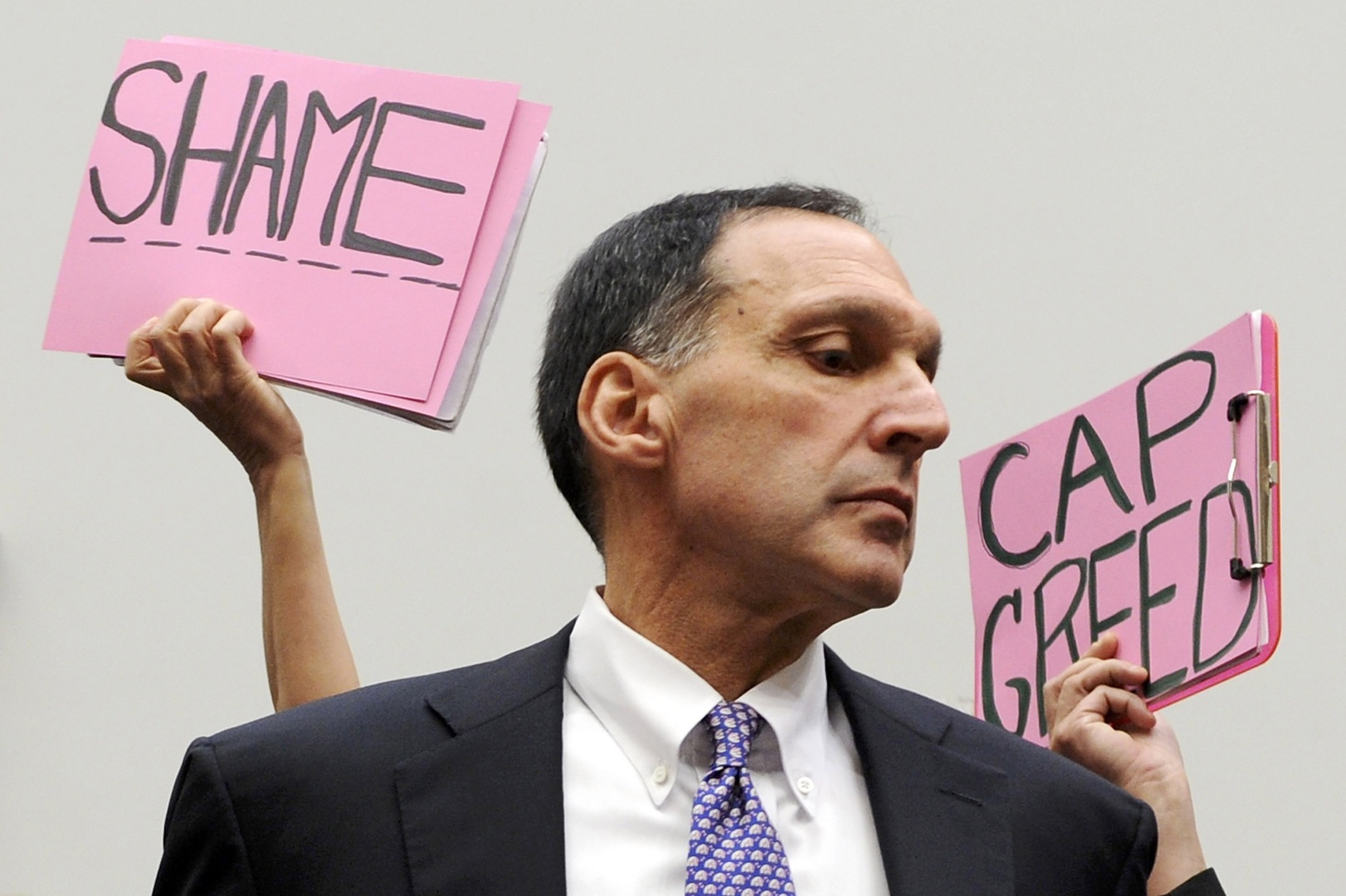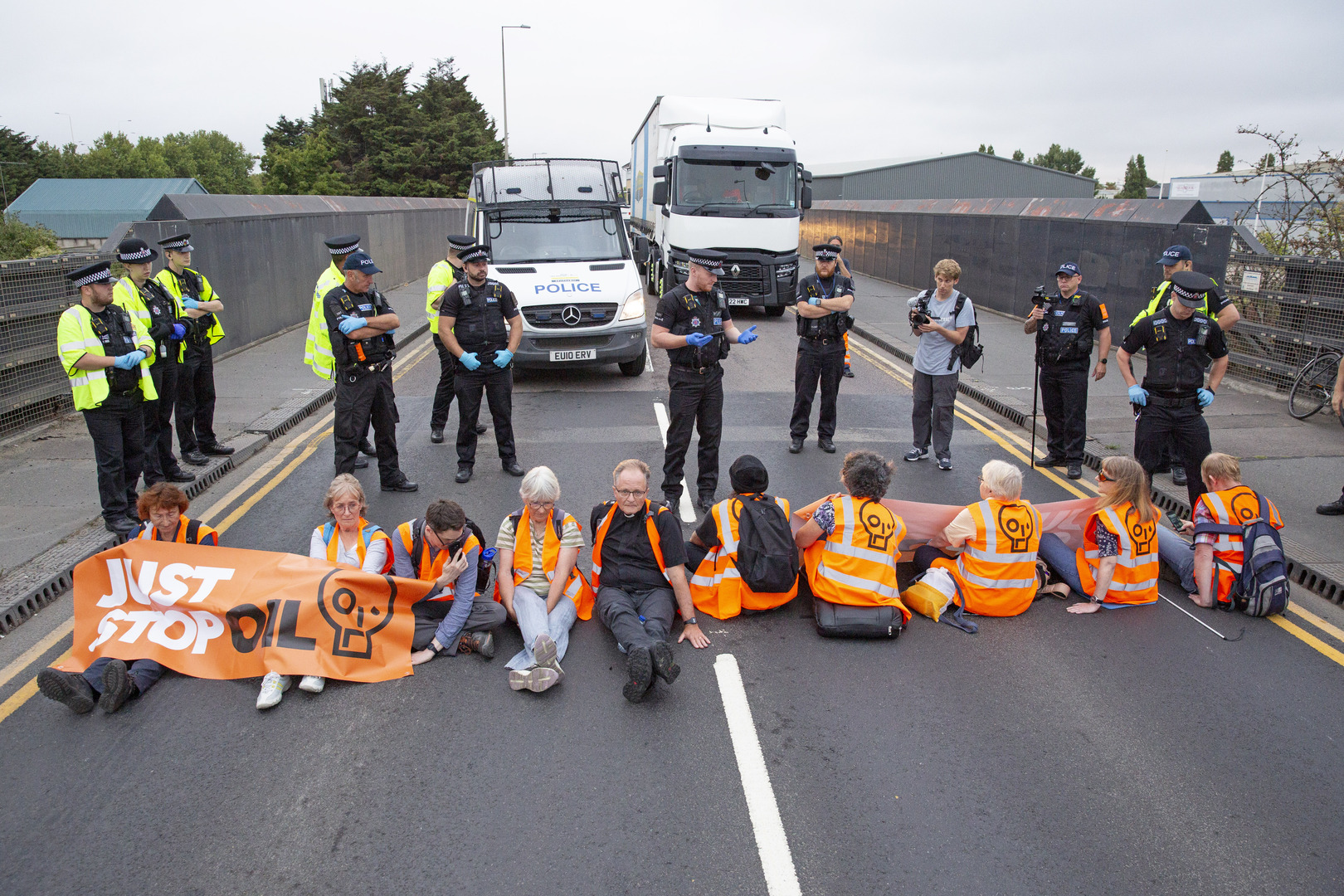Why Millennials Shouldn’t Be Mocked: The Lasting Impact of the 2008 Financial Crisis
Two decades ago, the UK was engulfed in a wave of optimism, marked by a significant movement aimed at eradicating poverty. Involvement surged as numerous individuals, including public figures such as Stephen Fry and Wayne Rooney, donned white wristbands to declare their intent to “make poverty history.” Nelson Mandela even wore a distinct cotton wristband for the cause.
During that period, prosperity felt almost guaranteed; sustained economic growth fostered a sense of security and future promise. The notion of eliminating poverty appeared attainable, and many young individuals believed in a brighter tomorrow. With globalization on the rise and historical rivalries softening, especially with nations like Russia and China, the world seemed to be evolving for the better. Even the aftermath of the tragic events of September 11, 2001, seemed inconsequential in shaping our sentiments in Britain, where youthful exuberance was prevalent. In our naivety, we assumed political discourse had shifted into a mundane phase after a century filled with ideological battles.
However, that sense of optimism has since dissipated. I graduated from university in the summer of 2008, just as the financial crisis emerged, marking the end of an era of perceived stability and ushering in a protracted period of uncertainty, often referred to as a permacrisis.
In the months following the collapse, millennials—individuals born between 1981 and 1996— transitioned from an environment of growing wealth to one of global panic, drawing comparisons to the Wall Street crash and the extreme political ramifications of the 1930s. I was laid off from my first job as a translator only four months into my tenure. I recall seeing images of a former university peer, stunned and holding her belongings in a cardboard box outside Lehman Brothers after the firm folded.

This experience created a profound emotional fracture that continues to influence both millennials and Generation Z, those born from the mid-90s to early 2010s. The economic repercussions of this collapse affect the narratives we consume daily, from political debates to discussions on fiscal responsibility and sustainable energy. Yet, this crucial event often gets overlooked due to a lack of awareness about its enduring effects.
This gap in understanding inspired me to pen a new novel, Drayton and Mackenzie, which delves into how this pivotal moment transformed not only our politics and economy but also our societal values and emotional landscapes.
Amidst numerous discussions about the traits of today’s youth—who differ significantly from the free-spirited youth of the 1960s—few acknowledge that they are growing up in a world characterized by instability. Is it any wonder that many young individuals exhibit traits of anxiety, idealism, and sensitivity to injustice?
As Napoleon famously stated, “To understand the man, you have to know what was happening in the world when he was 20.” Today’s young adults have only experienced chaos. The initial blow was the 2008 crisis, followed closely by austerity measures and the eurozone crisis between 2010 and 2012. The ensuing years saw a surge in the immigration crisis, in part fueled by the Syrian refugee situation, alongside Brexit and the divisive political climate it fostered. In addition, events like the COVID-19 pandemic and ongoing geopolitical tensions have compounded feelings of unease.
Simultaneously, climate change looms larger, with living standards for many younger individuals declining, all while the incessant flow of negative news fills our smartphones, leading to a collective sense of doom. It’s hardly surprising that this has significantly affected our overall mindset.

While it would be simplistic to attribute all current issues to the 2008 crash, the stark truth is that Britain—like many Western nations—has yet to fully recuperate from its ramifications. This was highlighted recently when the government sold its final shares in NatWest, nearly two decades after investing £45 billion to stabilize the institution.
Recent data from the Institute for Fiscal Studies reveals a troubling trend: adjusted for inflation, the average Briton’s earnings in 2022 were lower than in 2008. The economic growth for the period from 2010 to 2024 marks the lowest in two centuries.
For younger generations, the rise in housing prices—which escalated due to the low-interest rates implemented post-crisis—has only compounded their challenges. As property prices soared, those who already owned homes benefited, leaving many aspiring homeowners at a loss.
This transformation has been palpable among my peers, many of whom boast impressive Oxford degrees. As we progressed into our late twenties, we gradually accepted that our lifestyles would differ markedly from those of our parents. Friends who once resided in spacious homes in Clapham are now raising their children in converted council flats in Brixton. While not catastrophic, this signifies a clear shift downward in social mobility.
In my experiences, I occupied a chic townhouse in London Fields, owned by an acquaintance of my parents who bought it while pursuing a PhD. Now, living in such a space feels like an unattainable luxury for my generation.
Some may argue this reflects the grievances of middle-class children who opted for artistic pursuits instead of lucrative finance careers. However, the aftereffects of the crisis permeate all sectors of society. Our GDP per capita, which had steadily increased for decades prior to 2008, has stagnated post-crisis. Globalization appears to be retreating, giving way to renewed tariffs and trade barriers. In 2007, our national debt was a manageable 36% of GDP, but by 2013, this soared to 74%, and today stands at nearly 96% in the wake of the pandemic.
Since the crisis, Britain’s economic growth per capita has lagged behind that of the US, Germany, and the EU. Any growth that has occurred seems primarily attributed to an increase in the population, rather than genuine economic expansion.
Underlying vulnerabilities have persisted, including regional stagnation obscured by London’s success. Post-2008, a debilitating cycle of austerity and low investment ensued, significantly hampering growth. The ramifications of Brexit have only worsened the situation.
Such prolonged economic stagnation explains the growing support for radical political change, as evidenced by the fluctuating voter allegiance across parties. The increasing dissatisfaction reflects a collective yearning for reform amid soaring taxes and deteriorating public services. Clearly, something must be radically altered, and it’s likely that voters will continue to seek substantial change until they receive it.

Internationally, the result has been equally pronounced. Observing Western self-destruction in 2008, China interpreted this as an opportunity for its own rise, shifting to a more assertive global stance. One Chinese official noted that during a G20 meeting, it felt as if every country was in decline while China was on the rise.
Despite the bleak outlook, a silver lining emerges: amidst upheaval, millennials and Gen Z are driven by a quest for purpose that can be harnessed for positive change.
This is evident in the trends towards veganism, ethically sourced products, and the emergence of socially conscious businesses. Young individuals are increasingly aware of their impact on the world and seek to make meaningful contributions.
In today’s climate, few aspire to climb traditional corporate ladders. Instead, even those in finance aim to focus on ethical investments or sustainable technology. Many of my bright peers are passionate about creating innovations or pursuing meaningful public service.

According to a recent Deloitte survey, a staggering 86% of Gen Z and 89% of millennials prioritize social purpose in their career choices. There is a notable willingness to reject companies that perpetuate inequality or harm the environment, leaving established firms grappling with a so-called “millennial problem” as they struggle to attract young talent.
In an era dominated by individualism, millennials and Gen Z are now compelled to consider their collective identities, confronting economic, environmental, and political issues. Discussions surrounding the revival of mandatory military service have even surfaced.
While it may be tempting to dismiss today’s youth for their anxieties or perceived lack of enjoyment, the key lies in channeling their energy into constructive action.
I contend that we stand at a pivotal moment to capitalize on the opportunities presented by this generational shift, as symbolized by leaders like Trump. There is hope for a revitalized narrative about the course of our nation, empowering politicians to assert that Britain and Europe are ready to step beyond the shadow of American dominance, embracing the challenge to mend our fractured world.
Drayton and Mackenzie by Alex Starritt is set to be released on July 3 by Swift Press.




Post Comment